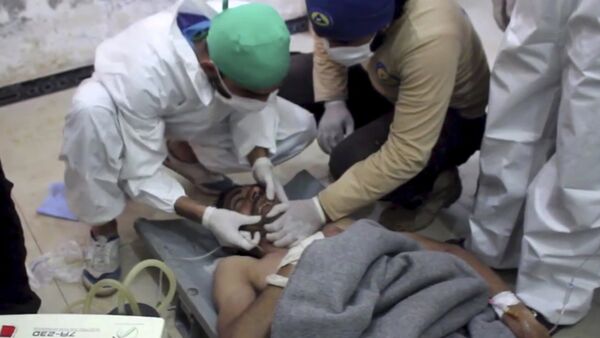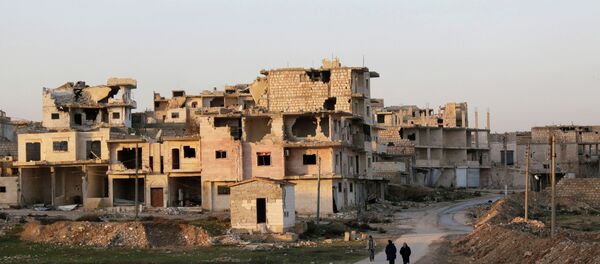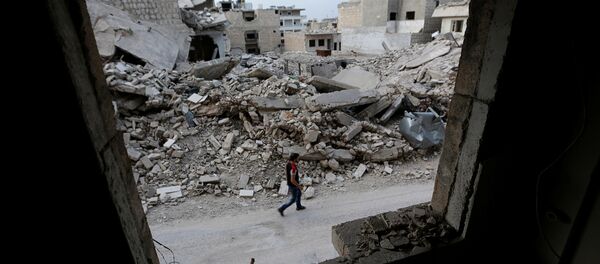"If UN asks WHO to join OPCW fact-finding mission, WHO experts will assist with expertise. However it is not our role to work on attribution of the blame but on examining the impact on public health," Tarik Jasarevic, WHO media officer, said.
Western states blamed the Syrian government for the reported chemical attack, while the Syrian Armed Forces rejected the allegations. Earlier on Wednesday, the Russian Defense Ministry said the airstrike near the town of Khan Shaykhun in the Idlib province was carried out by Syrian aircraft, which struck a terrorist warehouse that stored chemical weapons set for delivery to Iraq.
"WHO is in continuous contact with health partners in Idlib to monitor health impact and needs, and to respond to these. Medicines — including Atropine, an antidote for some types of chemical exposure, and steroids for symptomatic treatment — were immediately dispatched from WHO’s partner warehouse in Idlib," Jasarevic said.
Earlier in the day, WHO said in a statement that victims of the suspected chemical attack appeared to show symptoms "consistent with exposure to organophosphorus chemicals, a category of chemicals that includes nerve agents."
According to the UN’s specialized agency, the likelihood of exposure to a chemical attack is amplified by a lack of external injuries on the bodies.
In 2013, Damascus agreed to place its chemical weapons under international control for their further destruction. The step was taken to prevent the weapons of mass destruction from being captured by militants operating in the country.




